
Would we be able to control artificial intelligence if it gains consciousness?
Many AI engineers believe we’ll soon have systems on par with human reasoning — but we don’t know if they’ll be able to make more rational decisions than we do

Many AI engineers believe we’ll soon have systems on par with human reasoning — but we don’t know if they’ll be able to make more rational decisions than we do

A new study shows that spending years raising and caring for children produces benefits not just in mothers but in any caregiver

A new study in the journal ‘Nature’ suggests the brain plays a key role in this process

Humans react emotionally to names, images, places or things that we are not familiar with, often without knowing or fully understanding why
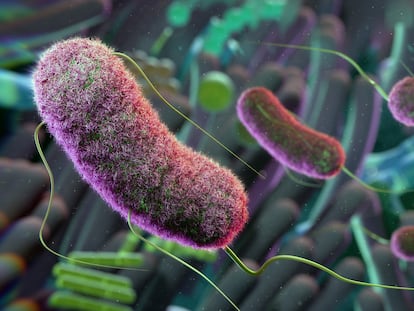
Research indicates that intestinal microbiota can indeed impact brain function
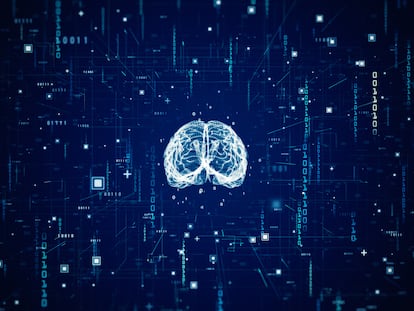
The possibilities offered by artificial intelligence today are as extraordinary as they are unpredictable, posing a constant challenge to their biological counterparts
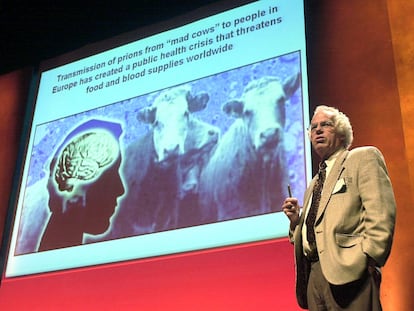
An investigation has recently been opened to clarify the death of a biochemist who was studying this disease and had thousands of unauthorized samples in his laboratory in Barcelona
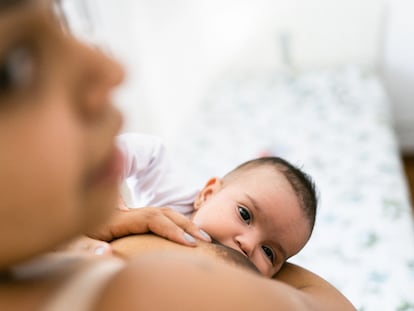
A study reflects the differences between girls who were exclusively breastfed, exclusively bottle-fed, or mixed-fed during their first six months of life

Although we only pay attention to particularly strong smells, people are able to detect — even subconsciously — the very subtle odors that alter our behavior

A neuroscientist and a philosopher made a bet 25 years ago on whether science would by now have solved the mystery of how the brain creates consciousness

New research reveals that the organ’s control of voluntary actions is much more complex than we had imagined

In Western countries, it is estimated that 20 to 40% of the elderly feel lonely. Some studies point to an effect on blood pressure and memory

Anthropologists have suggested that, in humans, sexual attraction evolved into romantic feelings to foster the desire to stay together

A new study in fruit flies has found that blue light, which is emitted by electronic devices, can be hazardous to health

Knowing what it is like to be a dog or a cat is as impossible as imagining ourselves in the mind of any other person

Chronic suffering is difficult to solve. It is estimated to afflict one in five adults worldwide
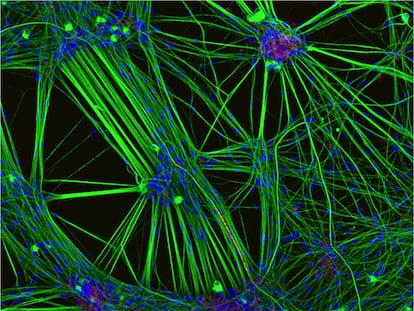
A study on children identified genes that could play a role in the abnormal behavior of brain circuits in adults with a condition that affects up to 3% of the population